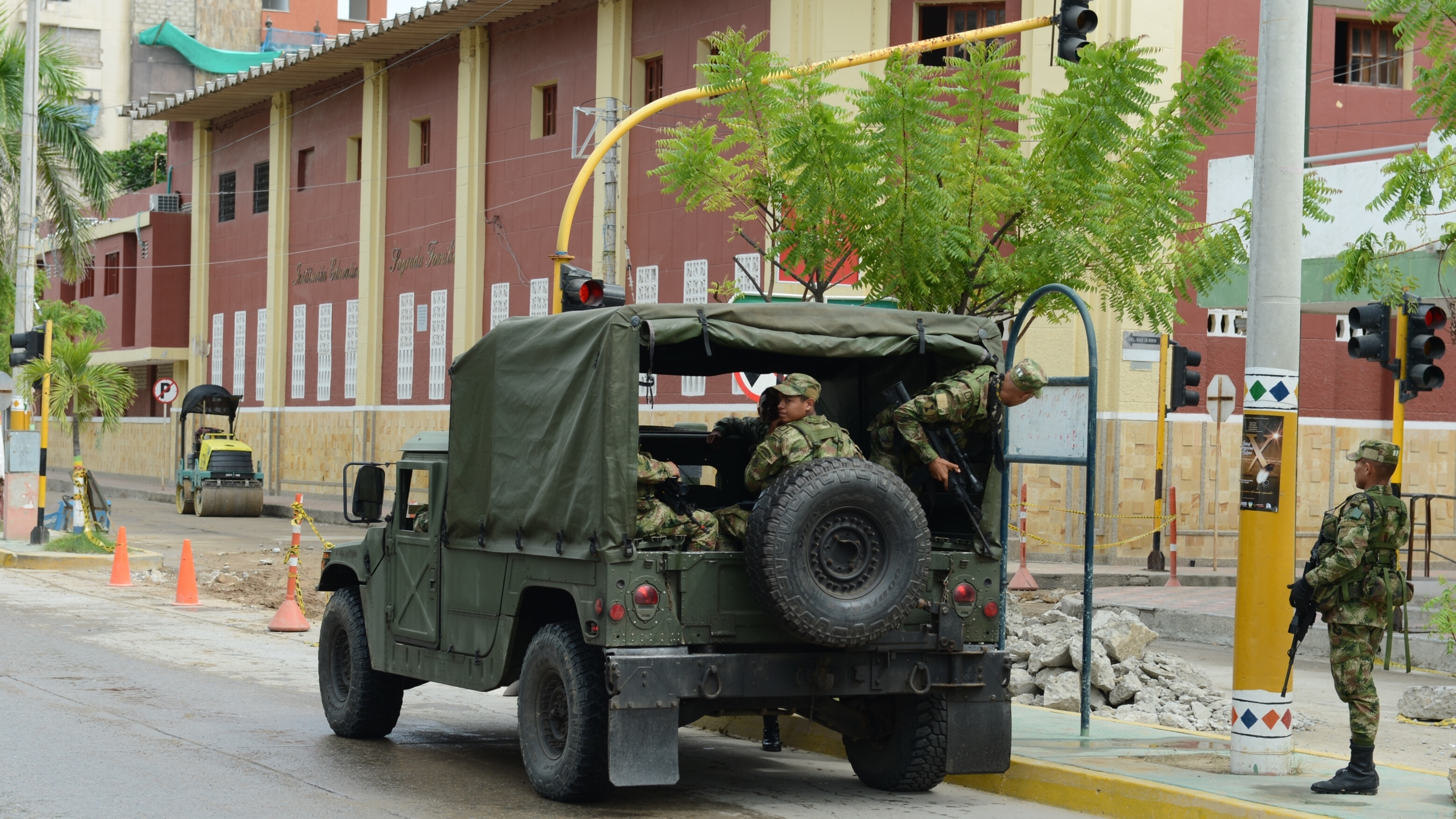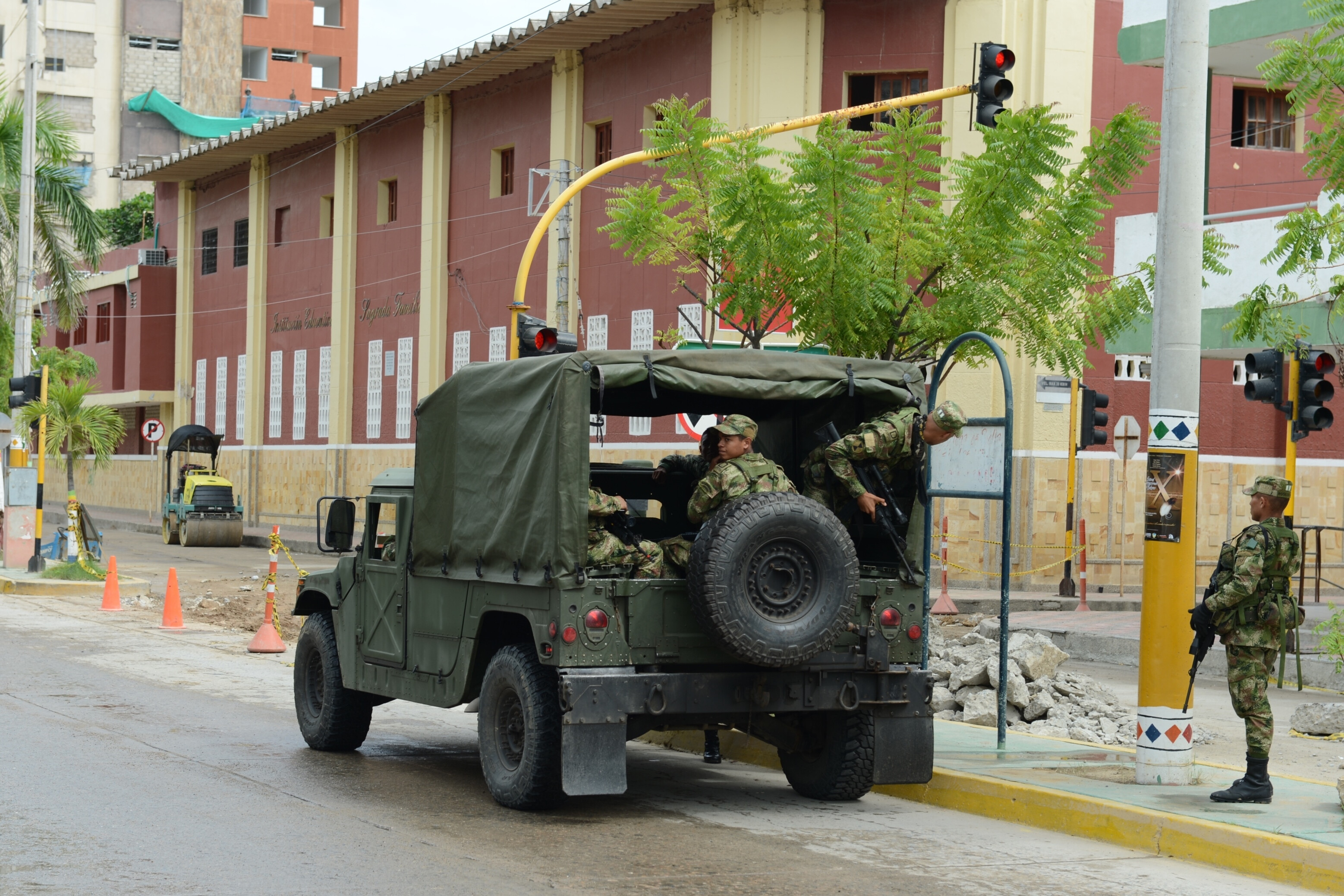Colombia Peace Deal
The world's longest-running civil war could be coming to an end. If peace did happen, how would it affect investments in Latin America's third-biggest economy? LatAm INVESTOR investigates...

The world's longest-running civil war could be coming to an end. President Juan Manuel Santos has announced that peace will be signed by the end of 2014. With elections nearing it is clear that Santos has political reasons to talk up peace. But if it did happen, how would it affect investments in Latin America's third-biggest economy? Manuel Cardozo investigates…
Despite its large internal conflict Colombia has managed to develop one of the most solid economies in South America. This gives it a key place in the South American geopolitical landscape, making it a strategic ally for countries both in the region and in Europe. For example, the UK is the second-biggest investor in Colombia and it is little surprise that last month the Deputy Prime Minister, Nick Clegg, visited Colombia as part of a trade delegation made up of universities and companies looking to invest in the country.
Colombia is a country with steady economic growth during the last six years and, judging by figures from the International Monetary Fund, that looks set to continue with another solid performance in 2014. This growth has propelled the country’s regional importance – for example the Colombia’s Finance Ministry recently announced that Colombia’s GDP has overtaken Argentina’s.
Of course Colombia’s growth figures would be greater still if the country had not suffered a serious armed conflict for the last half a century. Given the difficult relationship between insecurity and investment, it’s clear that the conflict prevents the development of new foreign investment, especially in the financial sectors, oil and gas industry and power generation. Despite not being fully developed, these sectors have still played a vital role in Colombia’s economic development. The success is also down to strides made in other diverse areas such as technology, construction, real estate, transport and education services.
The costs of war
One way that the conflict affects investments in Colombia is through the costs of security and protection, which in many ways can be seen as taxes on investment. The relation between armed conflict and investment in the Colombian case is centred on the magnitude of the impact that conflict can cause investors. This impact depends on factors such as the size of the companies, the area that they work in and the conditions of their workers.
When calculating the costs of the conflict it is necessary to include the resources that are being prevented from invested in other productive activities. It is estimated that the military action costs Colombia 0.5% of annual GDP growth for each of the last six years. According to Alberto Carrasquilla, former Finance Minister, “Colombia would be 15% or 20% richer if it hadn’t had an armed conflict in the last 20 years.

There are also entire zones of the country that are unable to participate fully in Colombia’s economic and political development because illegal groups exert pressure through threats, kidnap and extortion.
Nevertheless despite the security problems generated by the armed conflict in Colombia international investors maintain a growing interest in the country – especially as it seems that the end of the war may be closer than ever. This is down to the negotiations being carried out between left-wing guerrilla group, the FARC, and the government in Havana, Cuba.
Peace dividend
If a peace treaty is signed, it is possible that Colombia will end a violent history that has generated terrible humanitarian and economic costs. Of course, that is not to say that the simple signing of a treaty will provide the solution for all of the country’s social problems. But it would be a big step in the march towards the country’s economic and democratic development.
If there is a better economic situation one can assume that living standards would increase and social mobility improve. Nevertheless peace alone is not a panacea for all ills. The role of the government is important as issues such as corruption, bad investment politics and poor administration can cause endemic problems such as poverty and violence to continue.

Good winds are blowing towards Colombia, and indeed all of Latin America. In the last year Latin America has grown solidly thanks to national and international investment. Countries like Brazil, Mexico, Ecuador, Paraguay and Colombia are part of a bloc of strong South American economies and a large market waits for innovative UK firms that are prepared to bet big to win new business. It also gives the chance to aid growth in a continent that has given a lot and received little.
Opportunities for UK Plc
The visit of Deputy Prime Minister Nick Clegg demonstrated Great Britain’s interest towards Colombia as an economic ally and was a vote of confidence in the Colombian market. Of course actions speak louder than words, so investors will take heart from the deals already on the table. For example, British company Holdtrade will renovate the Colombian rail system with an initial investment $147million. Its project will link the centre of the country with the Atlantic Coast, and with this the government looks to make an historic impact on the transport costs for the goods that the country imports and exports. UK firm Zaha Hadid Architects is also in Colombia, interested in the booming construction sector. Meanwhile, for its part Colombia airline Avianca announced that from July it will have a direct flight between Bogota and London. They are all clear signal of strong economic interest on both sides.